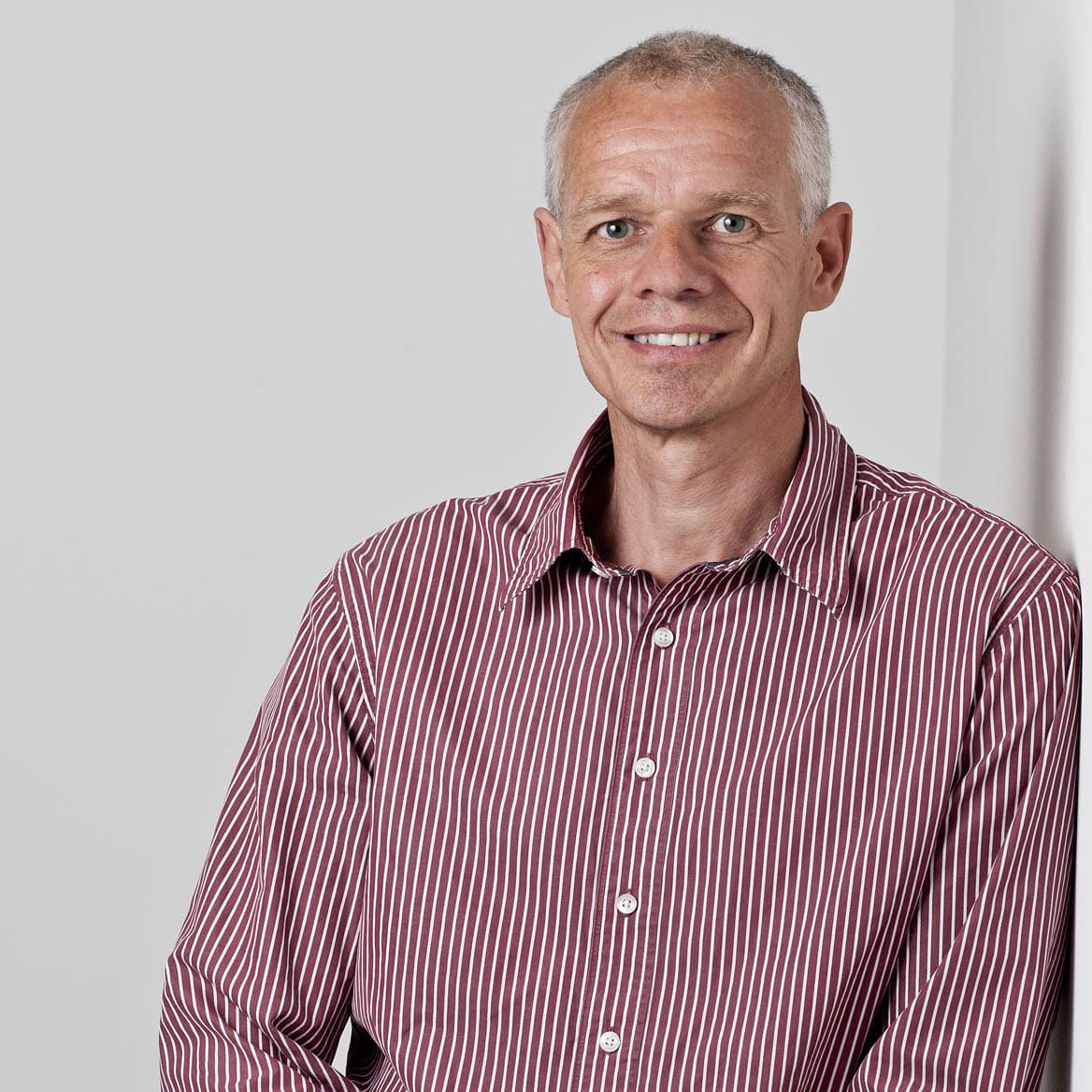
Many cancer patients receive radiotherapy as part of their treatment. Our scientists are working to make it even more effective and to reduce its side effects. Below are some examples of what our researchers are doing right now.
Professor Tim Illidge in Manchester is researching how radiotherapy could be combined with immunotherapy, a relatively new type of cancer treatment that harnesses the power of the body’s immune system to fight cancer. He is studying how these treatments work together in the lab, and hopes these insights could lead to new combination treatments being tested in clinical trials for various different types of cancer.
Professor Uwe Oelfke, based in Sutton, originally trained in nuclear physics but is now researching ways to make radiotherapy more precise. Using the latest advances in physics, engineering and computer science, he is developing new technologies that shape beams of radiation more accurately to patients’ tumours, making this treatment more effective, with fewer side effects.
Dr Emma Harris in London is working to guide radiotherapy treatment to target the tumour more precisely using ultrasound. She hopes by 'mapping' how organs shift in the body with ultrasound, such as when the patient breathes, she could adjust the radiotherapy beams to closely track the tumour and help doctors make the treatment more effective.
Read more about Dr Emma Harris and others' work

Thanks to research, we’ve helped shape modern radiotherapy that's used to treat patients today.

Meet people like Oliver who have experienced first-hand how our research is making a difference. The life-saving research we do wouldn’t be possible without your support.
Want to find more information about our research or radiotherapy?